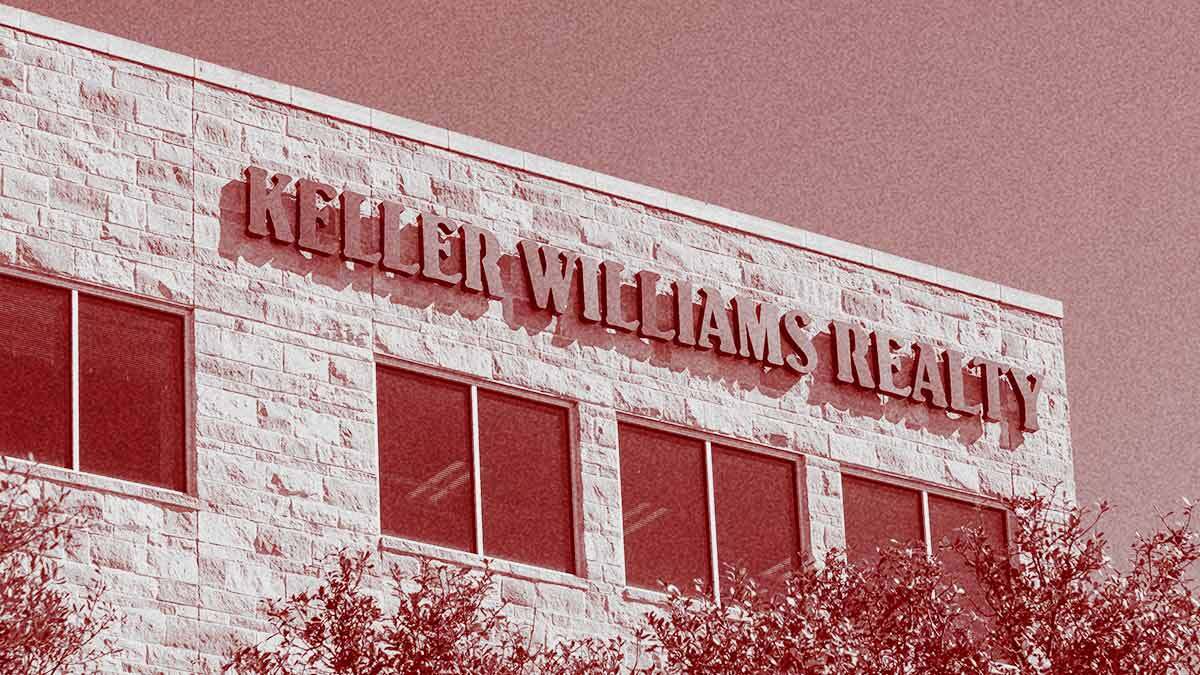A coalition of bicameral Democratic lawmakers in the Senate and House of Representatives have introduced a new bill on Monday that seeks to update the formula for determining the allocation of affordable housing vouchers to growing cities.
Sen. Ruben Gallego (D-Ariz.), a member of the Senate Banking Committee, has introduced the bill alongside Nevada senators Catherine Cortez Masto (D) and Jacky Rosen (D). Rep. Dina Titus (D-Nev.) is slated to introduce a version of the bill in the House. Known as the Housing Vouchers Fairness Act, the proposal seeks to update the voucher allocation formula used by the U.S. Department of Housing and Urban Development (HUD).
“Currently, the federal formulas that allocate vouchers are based on outdated population calculations dating back to the 2000 census,” the lawmakers said in an announcement of the bill that was shared exclusively with HousingWire.
“For example, Phoenix, the nation’s fifth largest city, currently receives 7,487 vouchers, yet Philadelphia, the nation’s sixth largest, receives over 22,000 — three times as many.”
To address this, the bill would seek an additional $2 billion in funding for the Housing Choice Voucher (HCV) program. This would help to ensure that “the public housing authorities that represent the country’s 25 fastest-growing cities with a population of over 100,000 have the resources they need to procure enough vouchers to meet the needs of their populations,” the lawmakers explained.
“Growing up, I watched my single mom work tirelessly to afford a safe apartment for my sisters and me. But for too many Arizonans, no matter how hard they work, rents continue to rise and the only hope for assistance is at the end of a years-long waitlist,” Gallego said.
The bill seeks to address “the disparities in the federal housing voucher program so that more Arizonans can get into safe, affordable homes,” he added. “This is just the first step in my fight to bring down housing costs in Arizona and across the country.”
Cortez Masto added that Nevada’s housing woes are compounded by the way that vouchers are currently calculated. This bill would provide a more substantive path forward for state residents.
“Las Vegas is one of the fastest growing cities in the country, and as our population expands, so does our need for affordable housing,” Cortez Masto said. “Current housing voucher programs aren’t cutting it, and this legislation would fill that gap to help working Nevada families find homes.”
The lawmakers contend that “the fast-growing areas that stand to benefit” include Phoenix, Dallas, Houston, Jacksonville, Austin and Charlotte.
The National Association of Realtors (NAR) also voiced its support for the proposal in a statement.
“Access to safe, stable housing is a fundamental need, and expanding HUD housing vouchers can give relief to communities across the country that are facing an affordability crisis,” NAR said in a statement. “Realtors have long advocated for policies that promote housing stability, affordability, and fairness, and NAR appreciates the leadership of Sen. Gallego in introducing this important legislation.”
Titus Mathew, housing director for the City of Phoenix, offered support by saying that “there has never been a greater need for affordable housing than the present.” Nicole Newhouse, executive director of the Arizona Housing Coalition, also added a statement of support.
“The $2 billion for rental vouchers to the 25 highest growth U.S. areas will help families who are squeezed by high rents,” Newhouse said. “It’s direct support for those who need it most and gives our local housing agencies the tools to act now. Sen. Gallego gets it — he’s fighting to make sure no Arizonan gets left behind.”
It’s unclear what the appetite for such a bill will be in Congress. Both chambers are controlled by Republican majorities, and federal housing programs and staffing levels are vulnerable to scrutiny from lawmakers as well as the U.S. DOGE Service, the government cost-cutting effort inside the White House led by billionaire Elon Musk.
Some localities are expressing caution about the future of the voucher program, but funding for the program was included in a stopgap spending bill passed by Congress and signed into law by the president. It extends funding for the government, and the HCV program, through September.
.png)
 German (DE)
German (DE)  English (US)
English (US)  Spanish (ES)
Spanish (ES)  French (FR)
French (FR)  Hindi (IN)
Hindi (IN)  Italian (IT)
Italian (IT)  Russian (RU)
Russian (RU) 








Comments